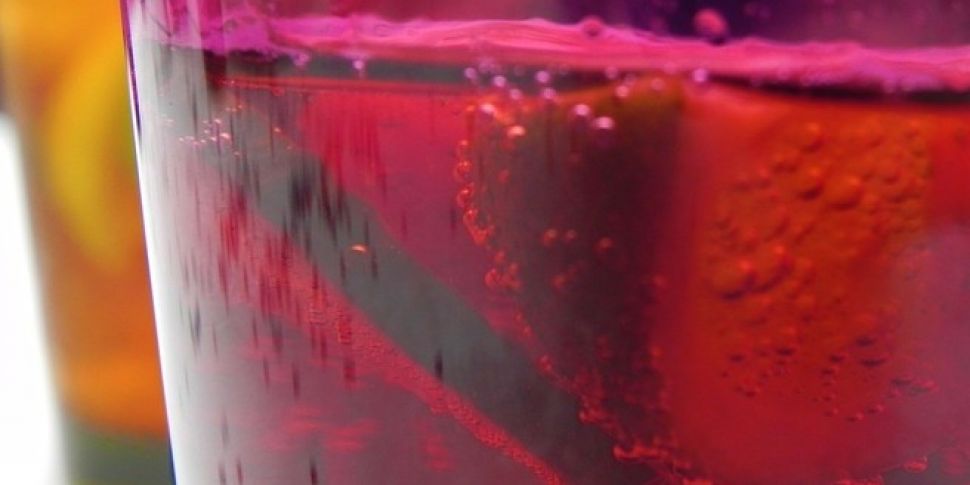Diet soft drinks or those made sugar-free may not be helpful as a way to lose weight, but could actually see consumers pile on the pounds, according to researchers.
In a review of dozens of studies dating back as far at the 1980s, Imperial College scientists found no evidence to back up the commonly held belief that sugar-free drinks can stop weight gain, prevent a person from developing Type 2 Diabetes, and help keep Body Mass Index (BMI) in check.
While the research team did agree that soft drinks made with artificial sweeteners do contain fewer calories, they warned that consuming them could trigger sweet receptors in the brain that could seem people craving more food. When combined with the notion that these beverages are healthier, the study claimed it could lead to over consumption.
“A common perception, which may be influenced by industry marketing, is that because ‘diet’ drinks have no sugar, they must be healthier and aid weight loss when used as a substitute for full sugar versions,” said Professor Christopher Millett, senior investigator from the college’s School of Public Health.
“However we found no solid evidence to support this. Far from helping to solve the global obesity crisis, artificially-sweetened beverages may be contributing to the problem and should not be promoted as part of a healthy diet.”
The researchers also claimed that previously published studies which argue that diet drinks are helpful should be ignored because they were funded by the drinks industry and are therefore not impartial.
Furthermore, the study also argues that in addition to negligible nutritional benefits, there is also a serious environmental impact to be accounted for in the production processes; on average, for every litre of a such a soft drink to be made it requires between 150-300 litres of water, as well as producing considerable solid waste and chemical pollution.
Dismissing the findings of the paper, the British Soft Drinks Association’s director general said: “Contrary to the claims made in this article, scientific research shows that low-calorie sweeteners, such as those found in diet drinks, help consumers manage their weight as part of a calorie-controlled diet.
“At a time when we are trying to encourage people to reduce their overall calorie intake it is extremely unhelpful that products that contain no sugar, let alone calories, are demonised without evidence,” said Gavin Partington.









